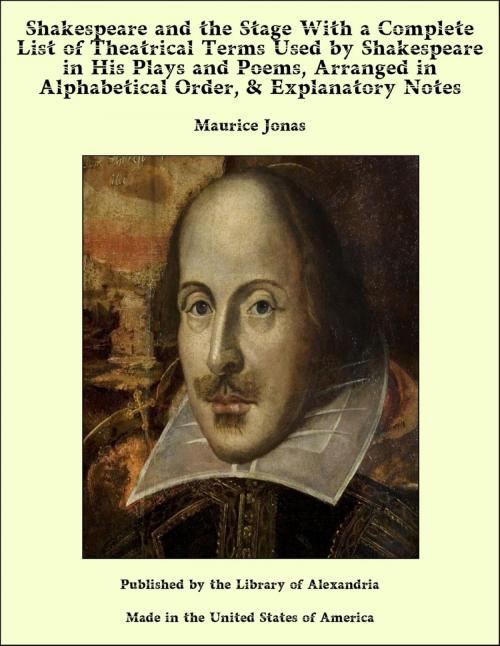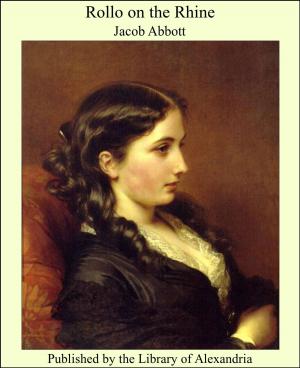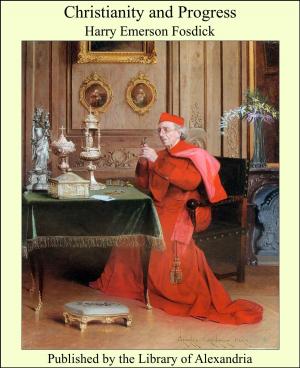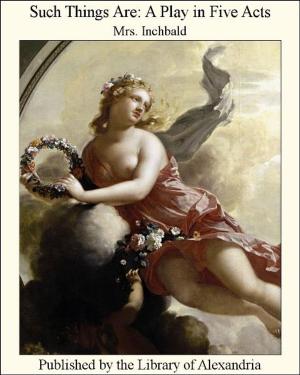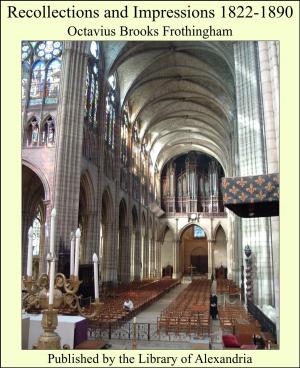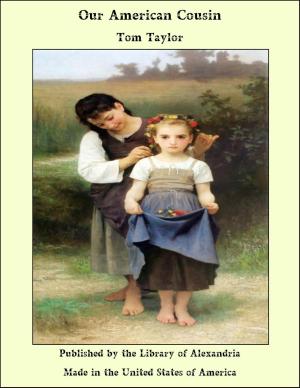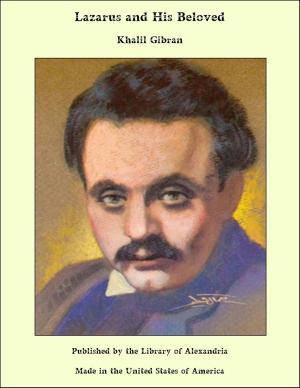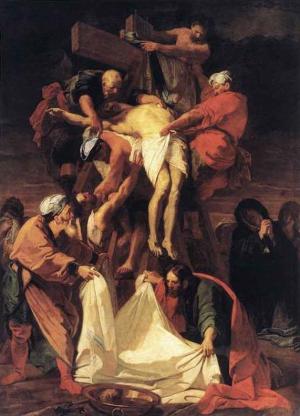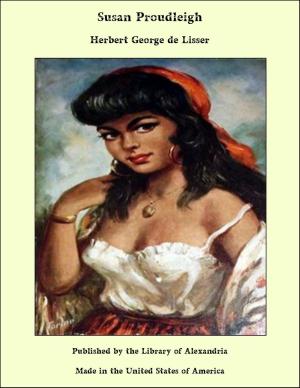Shakespeare and the Stage With a Complete List of Theatrical Terms Used by Shakespeare in His Plays and Poems, Arranged in Alphabetical Order, & Explanatory Notes
Nonfiction, Religion & Spirituality, New Age, History, Fiction & Literature| Author: | Maurice Jonas | ISBN: | 9781465614841 |
| Publisher: | Library of Alexandria | Publication: | March 8, 2015 |
| Imprint: | Language: | English |
| Author: | Maurice Jonas |
| ISBN: | 9781465614841 |
| Publisher: | Library of Alexandria |
| Publication: | March 8, 2015 |
| Imprint: | |
| Language: | English |
The beginning of the English drama dates from a late period in the history of this country. Until the reign of Elizabeth, dramatic literature was really non-existent. During the Middle Ages, the religious drama held complete sway over the populace, producing such an abiding effect that no other kind of performance was tolerated. In England the first germs of a dramatic nature emanated from the church, chiefly in connection with the festival at Eastertide. At this time of the year the ritual was solemnized in a highly theatrical fashion. Processions marched round the sacred edifice, various scenes from the Gospels were introduced, accompanied by music and song. The festivals of Christmas and Corpus Christi were observed with great enthusiasm, sacred episodes taken from church history were acted with such fervour and ecstasy that the congregation remained spellbound during the service. The next development in the evolution of the drama is the representation of the liturgical play, written in Latin, gradually being superseded by the religious play written in the vernacular; the scenes depicted consisted chiefly of episodes in connection with the Birth of the Saviour, also of events narrating the Lives of the Saints, together with other legendary characters. All these scenes were called Miracle Plays, a name by which in this country all religious dramas were known, regardless of the origin of their source. In course of time these first offshoots of the ordinary service had grown to such dimensions that it was found impracticable that these spectacles should be presented inside the church, consequently, a larger space outside was deemed more convenient, but still remaining within the precincts. Even this innovation was not entirely successful, as the ground allotted for the performance was not extensive enough for the numerous throng that assembled on these occasions. Then a further step was taken by transferring the scene of action from the sacred precincts to the open spaces within the town. The development of the drama was greatly accelerated by this innovation. During the period that these plays formed part of the religious service, the clergy only were allowed the privilege of assuming the different characters, but when spectacular episodes were added to the ordinary ritual they became secularized by calling in the aid of the various guilds, assisted by professional entertainers. By these means the plays gradually lost their religious significance, finally being regarded as a popular form of amusement. By an act of Pope Gregory in 1210, the priests were forbidden to officiate in these interludes in any capacity, even if held inside the church. After the act had been confirmed by the Council of Trent in 1227, the clergy were strictly prohibited from joining the open-air performance.
The beginning of the English drama dates from a late period in the history of this country. Until the reign of Elizabeth, dramatic literature was really non-existent. During the Middle Ages, the religious drama held complete sway over the populace, producing such an abiding effect that no other kind of performance was tolerated. In England the first germs of a dramatic nature emanated from the church, chiefly in connection with the festival at Eastertide. At this time of the year the ritual was solemnized in a highly theatrical fashion. Processions marched round the sacred edifice, various scenes from the Gospels were introduced, accompanied by music and song. The festivals of Christmas and Corpus Christi were observed with great enthusiasm, sacred episodes taken from church history were acted with such fervour and ecstasy that the congregation remained spellbound during the service. The next development in the evolution of the drama is the representation of the liturgical play, written in Latin, gradually being superseded by the religious play written in the vernacular; the scenes depicted consisted chiefly of episodes in connection with the Birth of the Saviour, also of events narrating the Lives of the Saints, together with other legendary characters. All these scenes were called Miracle Plays, a name by which in this country all religious dramas were known, regardless of the origin of their source. In course of time these first offshoots of the ordinary service had grown to such dimensions that it was found impracticable that these spectacles should be presented inside the church, consequently, a larger space outside was deemed more convenient, but still remaining within the precincts. Even this innovation was not entirely successful, as the ground allotted for the performance was not extensive enough for the numerous throng that assembled on these occasions. Then a further step was taken by transferring the scene of action from the sacred precincts to the open spaces within the town. The development of the drama was greatly accelerated by this innovation. During the period that these plays formed part of the religious service, the clergy only were allowed the privilege of assuming the different characters, but when spectacular episodes were added to the ordinary ritual they became secularized by calling in the aid of the various guilds, assisted by professional entertainers. By these means the plays gradually lost their religious significance, finally being regarded as a popular form of amusement. By an act of Pope Gregory in 1210, the priests were forbidden to officiate in these interludes in any capacity, even if held inside the church. After the act had been confirmed by the Council of Trent in 1227, the clergy were strictly prohibited from joining the open-air performance.
